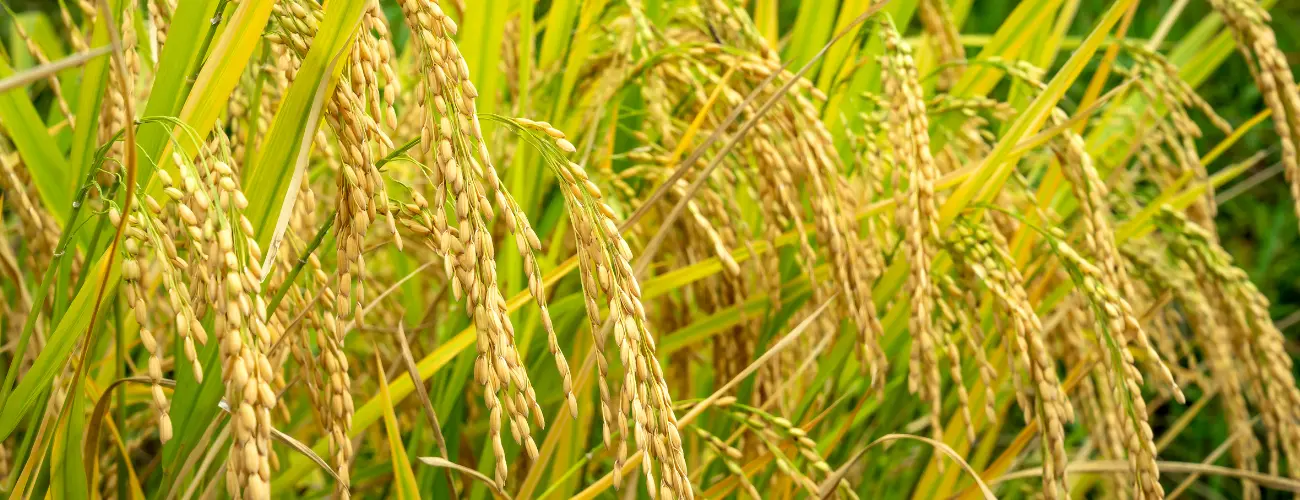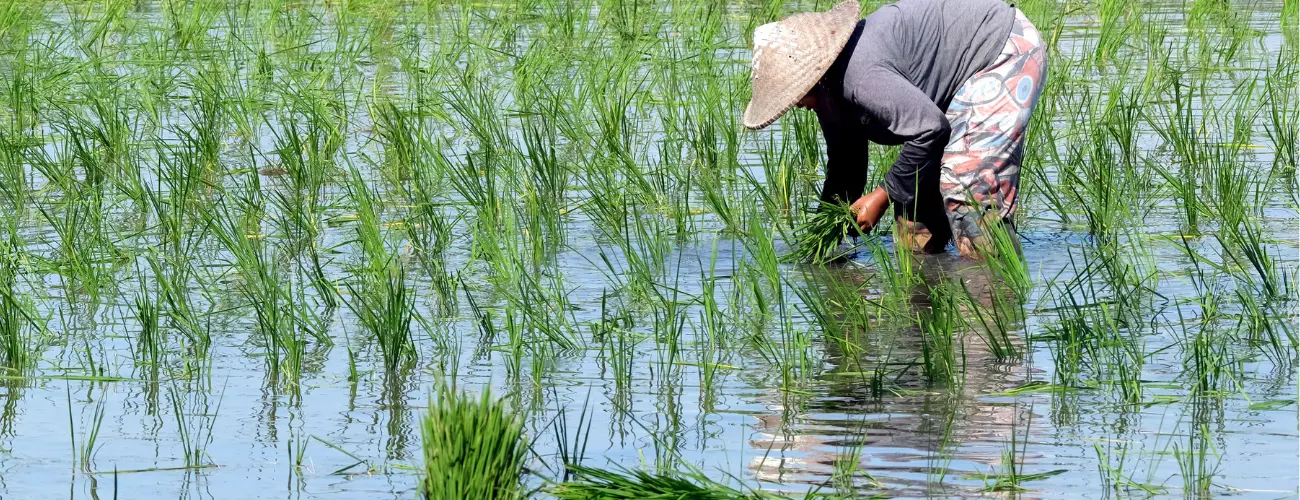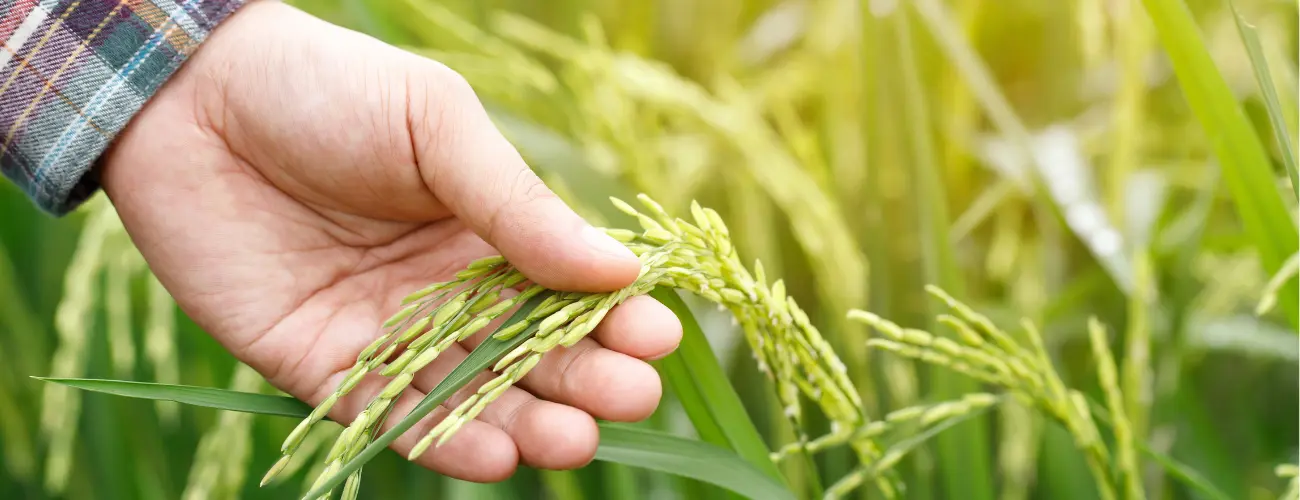Indulge in the flavors of Pakistan with our premium rice, cultivated in the lush fields of the country. Our rice is renowned for its superior quality, delightful aroma, and exquisite taste.
The nutritional value of rice can vary slightly depending on the specific variety and cooking method. Here is a general overview of the nutritional value of rice grown in Pakistan, based on a 100-gram serving of cooked rice:
- Calories: Approximately 130-150 calories
- Carbohydrates: Around 28-32 grams
- Including dietary fiber: Roughly 1-2 grams
- Protein: About 2-3 grams
- Fat: Less than 1 gram
- Including saturated fat: Negligible amounts
- Vitamins and Minerals:
- Thiamin (Vitamin B1): 0.1-0.2 milligrams
- Niacin (Vitamin B3): 1-2 milligrams
- Folate (Vitamin B9): 8-15 microgram
- Iron: 0.2-0.5 milligrams
- Magnesium: 10-15 milligrams
- Phosphorus: 70-90 milligrams
It’s important to note that the nutritional composition of rice can vary depending on factors such as the specific rice variety, cooking method.
Categories of rice
- Basmati Rice: Basmati rice is one of the most famous and prized varieties grown in Pakistan. It is known for its distinct aroma, long grains, and delicate texture.
- Irri Rice: Irri rice is a non-Basmati variety extensively grown in Pakistan. It is characterized by shorter grains and a firmer texture compared to Basmati rice.
- Sella Rice (Parboiled Rice): Sella rice is a type of rice that undergoes a parboiling process, which involves partially boiling the paddy before removing the husk. This process retains more nutrients in the rice grains, resulting in a firmer texture and a distinct aroma.
- Broken Rice: Broken rice consists of rice grains that have been broken during the milling process.






